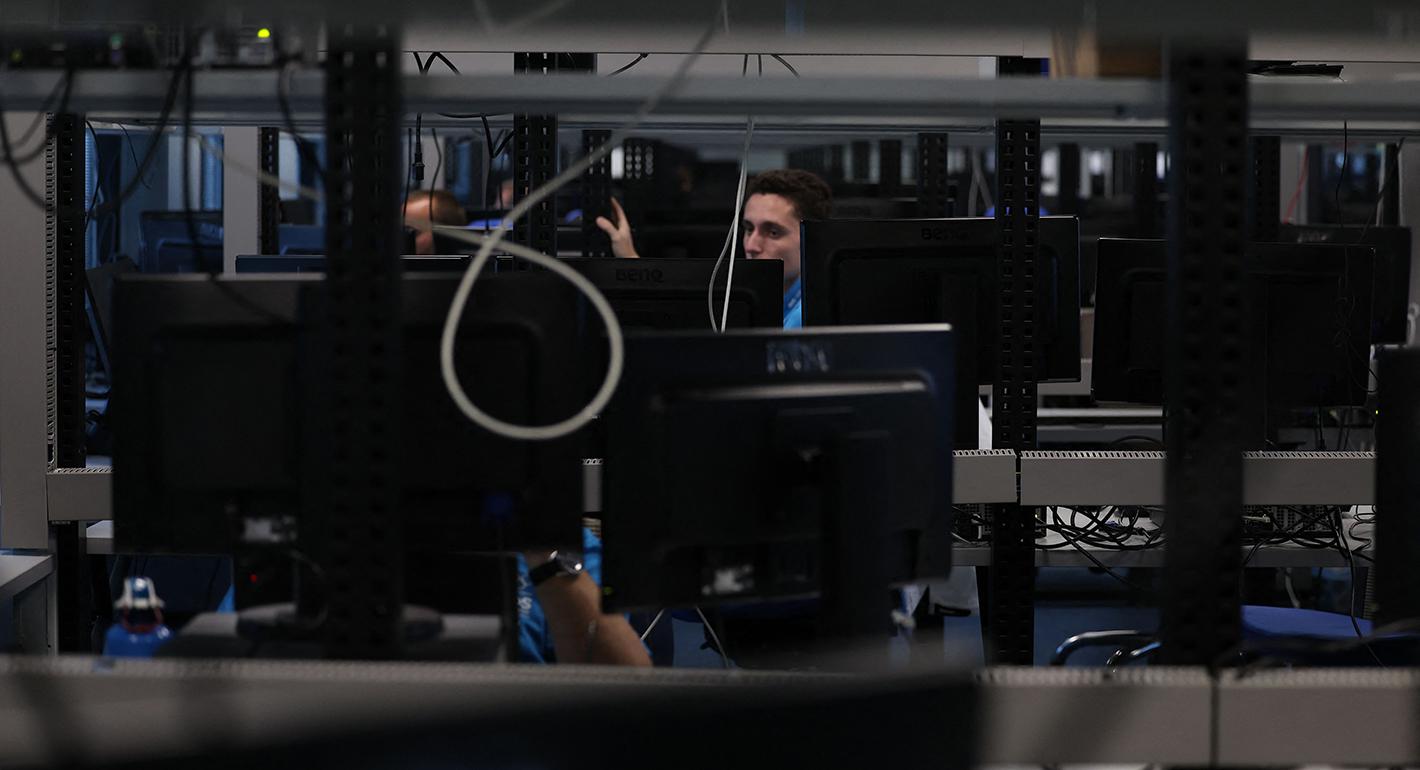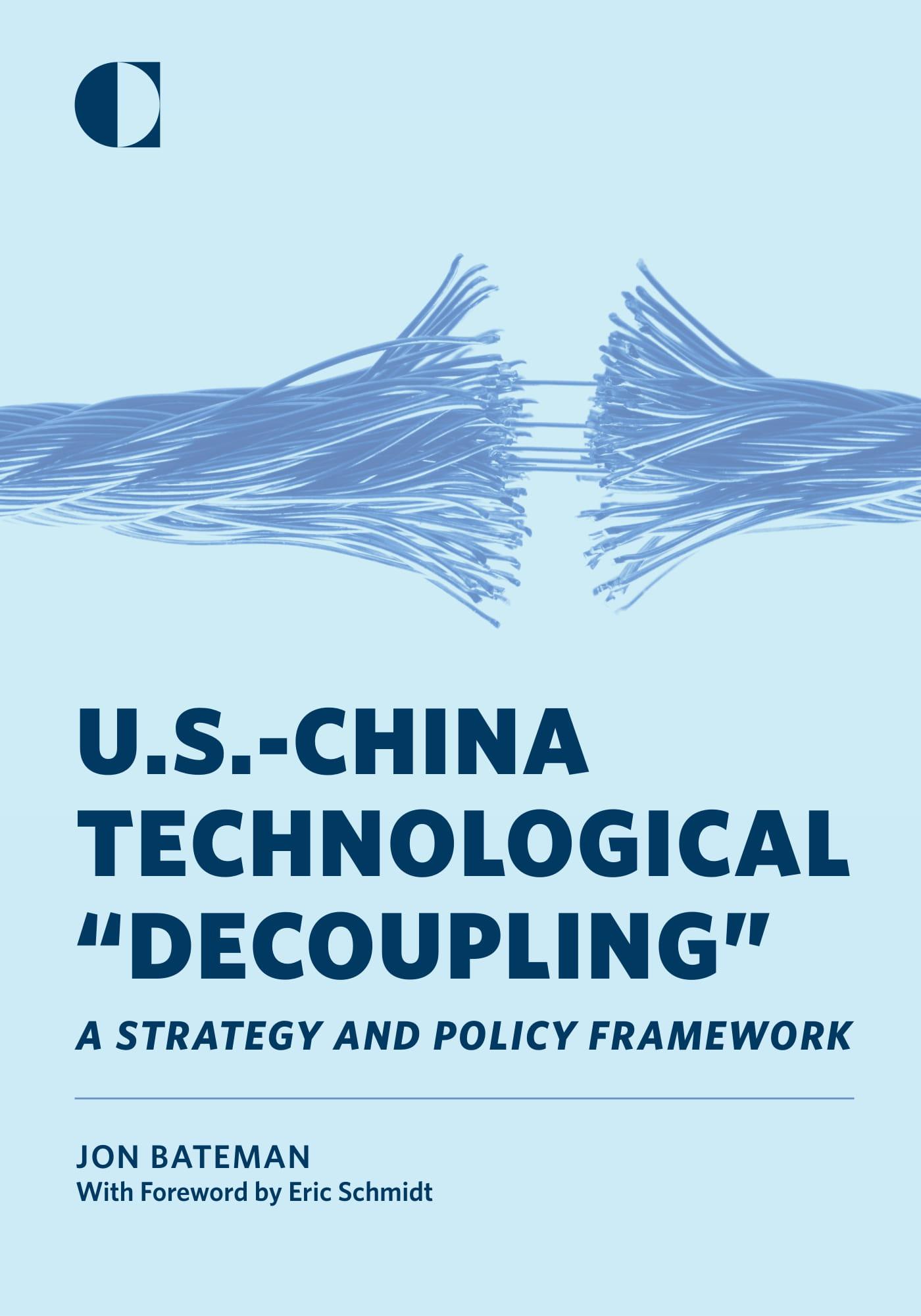As the US-China trade tensions continue to simmer, one major player is quietly preparing to shield its customers from the impending economic storm. Apple, the tech giant, has long been a bellwether for global trade dynamics, and with the current trade war brewing, many are left wondering what impact this will have on consumers. Behind the scenes, however, Apple is quietly perfecting its strategy to mitigate the effects of the trade war, minimizing the pain felt by its loyal customer base. With production costs and supply chain disruptions looming large, one question remains: how will Apple balance its business needs with its commitment to customer satisfaction?
The Shifting Technology Landscape

In recent years, the global technology landscape has undergone a significant transformation. At the heart of this shift lies the concept of technological decoupling, which refers to the process of reducing technological interdependence between nations, particularly between the United States and China.

Technological Decoupling: A Growing Trend
Technological decoupling has been gaining momentum as a response to growing concerns over national security, intellectual property theft, and economic competition. The trend is driven by the need to protect sensitive technologies, prevent the transfer of dual-use technologies, and promote indigenous innovation. As a result, many countries are re-evaluating their technology supply chains and seeking to reduce their dependence on foreign technologies.

US-China Trade War: A Catalyst for Change
The ongoing trade war between the United States and China has been a significant catalyst for technological decoupling. The trade war has led to increased tensions between the two nations, with both sides imposing tariffs and restrictions on each other’s technology exports. This has resulted in a significant decline in technology trade between the two countries, with many companies seeking to diversify their supply chains and reduce their dependence on Chinese components.

Global Consequences: A New Era of Technological Isolationism
The consequences of technological decoupling are far-reaching and have significant implications for global trade and economic relationships. In an extreme scenario, decoupling could lead to the emergence of distinct geo-technological spheres, with the United States, China, and other nations developing their own separate technology ecosystems. This could result in a decline in global trade and investment, as well as a reduction in the free flow of ideas and innovation.

Apple’s Levers to Minimize Customer Pain
As the trade war between the United States and China continues to escalate, Apple, one of the world’s largest technology companies, is facing significant challenges in minimizing customer pain. With a complex global supply chain that spans multiple countries, Apple is highly exposed to the risks of technological decoupling.
However, Apple has several levers it can use to minimize customer pain and mitigate the risks of technological decoupling. These include diversifying its supply chain, investing in research and development, and developing new technologies that can reduce its dependence on Chinese components.
By taking these steps, Apple can reduce its exposure to the risks of technological decoupling and ensure that it can continue to deliver high-quality products and services to its customers, regardless of the outcome of the trade war.
Supply Chain Resilience: Apple’s Strategy to Mitigate Risk

As the US-China trade war brews, Apple is working to minimize the impact on its supply chain and customers. The company has been diversifying its supply chain and adapting to shifting trade policies to ensure business continuity.
Apple has been building relationships with suppliers in countries like Vietnam and Indonesia, which have lower labor costs and fewer trade restrictions than China. This strategy aims to reduce dependence on Chinese suppliers and mitigate the risk of disruptions.
In addition, Apple is investing in automation and technology to enhance its supply chain resilience. The company is using artificial intelligence and machine learning to predict and respond to disruptions, such as natural disasters or supply chain bottlenecks.
Apple’s focus on supply chain resilience is critical to maintaining its customer experience. The company is working to minimize disruption to its customers by building in buffers and flexibility into its supply chain.
Diversification and Adaptation: Apple’s Response to Changing Trade Policies
Apple’s strategy to diversify its supply chain and adapt to changing trade policies is designed to ensure business continuity in a rapidly changing global environment.
The company is working with suppliers to develop new manufacturing capabilities and technologies, such as 3D printing and robotics, to reduce dependence on traditional manufacturing processes.
Apple is also investing in research and development to develop new products and services that can be manufactured and distributed quickly and efficiently, reducing the risk of supply chain disruptions.
The company’s focus on diversification and adaptation is critical to maintaining its competitive edge in the global technology market.
Customer Experience: Apple’s Focus on Minimizing Disruption
Apple’s focus on customer experience is critical to maintaining its brand reputation and customer loyalty.
The company is working to minimize disruption to its customers by building in buffers and flexibility into its supply chain, which allows it to respond quickly to changes in global trade policies.
Apple is also investing in customer service and support to ensure that customers have access to the products and services they need, even in the event of supply chain disruptions.
The company’s focus on customer experience is designed to ensure that customers continue to trust and rely on Apple despite the challenges posed by the US-China trade war.
Implications and Analysis
The Broader Impact of Technological Decoupling on the Tech Industry
The US-China trade war is having a broader impact on the tech industry, as companies like Apple are forced to adapt to changing global trade policies.
The trend towards technological decoupling is driven by concerns about national security and intellectual property theft, which are leading countries to restrict the flow of technology and data across borders.
This trend is likely to accelerate as countries become more protectionist and restrictive, making it more difficult for companies like Apple to operate globally.
A New Era of Economic Competition: What It Means for Business and Consumers
The US-China trade war is marking a new era of economic competition, as countries are increasingly turning to trade restrictions and tariffs to gain a competitive advantage.
This trend is likely to lead to increased costs and complexity for businesses, as they navigate the changing global trade landscape.
For consumers, the trend towards technological decoupling is likely to lead to increased prices and reduced access to products and services, as companies like Apple are forced to adapt to changing global trade policies.
Lessons from the Trade War: How Companies Can Prepare for an Uncertain Future
The US-China trade war is providing valuable lessons for companies like Apple, which can prepare for an uncertain future by diversifying their supply chains and adapting to changing global trade policies.
Companies can also invest in research and development to develop new products and services that can be manufactured and distributed quickly and efficiently, reducing the risk of supply chain disruptions.
In addition, companies can invest in customer service and support to ensure that customers have access to the products and services they need, even in the event of supply chain disruptions.
Conclusion
As the US-China trade war continues to escalate, Apple finds itself at the forefront of a precarious situation. The article highlighted the company’s potential levers to minimize customer pain, including the diversification of its supply chain, price adjustments, and strategic product releases. These tactics, while not foolproof, demonstrate Apple’s adaptability in the face of adversity. Furthermore, the company’s efforts to lobby for exemptions on certain products and components underscore its commitment to protecting its customers from the fallout of the trade war.
The implications of this situation extend far beyond Apple, however. The ongoing trade tensions between the US and China have significant consequences for the global economy, and the tech industry is particularly vulnerable to disruptions in the supply chain. As the situation continues to unfold, it is likely that other companies will be forced to adopt similar strategies to mitigate the impact of tariffs and trade restrictions. In the long term, this could lead to a fundamental shift in the way companies approach global supply chain management, with a greater emphasis on diversification and strategic planning.
As the trade war rages on, one thing is clear: the true test of Apple’s resilience is only just beginning. Will the company be able to successfully navigate the treacherous waters of the global economy, or will it succumb to the pressures of the trade war? Only time will tell, but one thing is certain: the outcome will have far-reaching implications for the tech industry and the global economy as a whole. As the stakes continue to rise, one question looms large: what will be the ultimate cost of this trade war, and who will be left to foot the bill?
